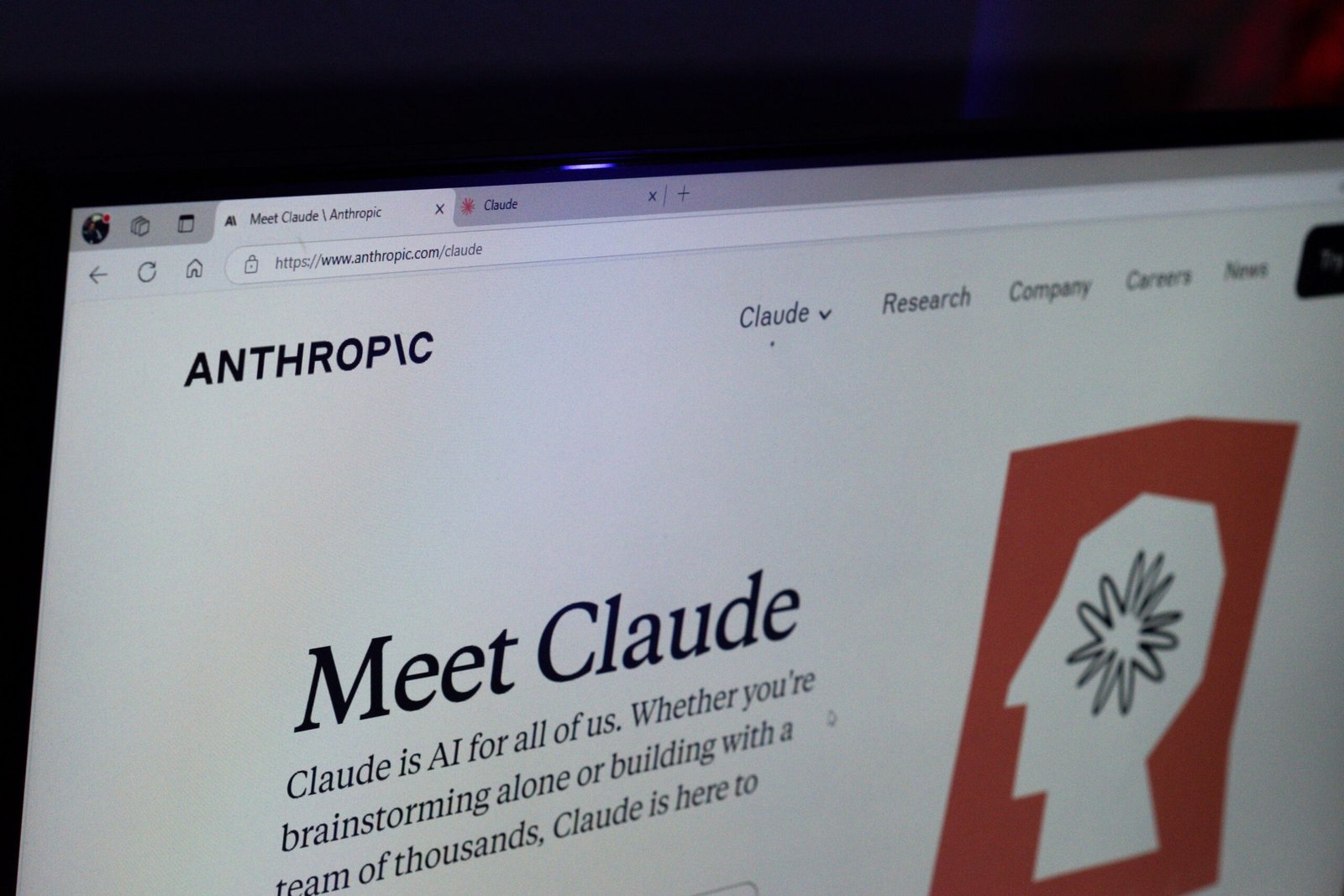
In a significant stride towards modernising public services, the UK government has announced plans to explore the integration of Anthropic’s AI chatbot, Claude, into various governmental departments. This initiative aligns with Prime Minister Keir Starmer’s vision to position the UK at the forefront of artificial intelligence (AI) innovation and utilisation.
https://www.anthropic.com/news/mou-uk-government
Enhancing Public Interaction
The proposed deployment of Claude aims to streamline administrative processes and improve public interaction with government services. By leveraging Claude’s advanced natural language processing capabilities, the government anticipates more efficient handling of public inquiries and better accessibility to information. Technology Minister Peter Kyle emphasised the transformative potential of AI in public services, stating, “Integrating AI solutions like Claude can significantly enhance the efficiency and responsiveness of our public sector, ultimately benefiting citizens across the country.”
Anthropic, backed by tech industry leaders such as Amazon and Google, has been making waves in the AI sector with its focus on safety and interpretability. The company’s Claude chatbot is already in use by institutions like the European Parliament, showcasing its capability to handle complex information dissemination tasks.
Guillaume Princen, head of Anthropic’s EMEA operations, noted the growing demand for their AI models in the UK, highlighting partnerships with major firms like WPP. The company’s commitment to developing AI systems that can reliably identify and address potential issues underscores its suitability for public sector applications.
While the integration of AI into public services presents numerous benefits, it also raises important questions about data privacy, ethical considerations, and the need for robust regulatory frameworks. The UK government’s approach seeks to balance innovation with responsibility, ensuring that AI deployment aligns with public interest and legal standards. Ministers have repeatedly emphasised the importance of transparency, accountability, and the protection of sensitive data, particularly as AI systems become more embedded in the day-to-day operations of government departments.
Privacy advocates and legal experts have voiced concerns about the collection and storage of personal information through AI tools like Claude. The possibility of AI systems inadvertently reinforcing biases or generating misinformation has also been flagged as a critical issue. The government has pledged to engage with a broad range of stakeholders, including civil society organisations, industry leaders, and the public, to develop clear ethical guidelines and data protection standards that will govern the use of AI in the public sector.
In recent months, debates have intensified over the use of copyrighted materials in AI training. Former Deputy Prime Minister and current Meta executive Nick Clegg warned that requiring AI companies to obtain prior consent from artists, writers, and other creators could hinder the industry’s growth, potentially stifling innovation and competitiveness. This discussion reflects the broader challenge of crafting policies that protect individual rights without limiting technological advancement. Balancing the interests of creators with the need for AI models to access diverse and representative datasets remains a complex issue—one that will require careful negotiation and international collaboration to resolve.
At the heart of the matter lies the question of trust: can AI systems be trusted to operate in the public interest without infringing on individual freedoms or amplifying harmful content? As the UK positions itself as a leader in AI innovation, these ethical and legal dilemmas must be addressed head-on to ensure that progress does not come at the cost of public confidence and safety. The coming months will be critical in shaping the regulatory landscape that underpins the UK’s AI strategy, as lawmakers seek to strike a delicate balance between fostering innovation and upholding fundamental rights.
The exploration of Claude’s integration into UK public services marks a pivotal moment in the nation’s AI journey. As the government navigates the complexities of implementing such technologies, ongoing dialogue with stakeholders—including technologists, ethicists, policymakers, and the public—will be crucial. These conversations must remain open and transparent, ensuring that a broad range of voices are heard and that the deployment of AI tools like Claude genuinely reflects the needs and values of the people they are intended to serve.
Public trust will play a critical role in the success of AI adoption within government services. Citizens need assurance that AI will not only streamline bureaucracy but also protect their data, uphold fairness, and avoid unintended consequences such as bias or misinformation. This means rigorous testing, continuous oversight, and a commitment to adapting policies as the technology evolves. It also means fostering a culture of digital literacy and AI awareness within the public sector workforce to ensure staff are equipped to work alongside AI systems effectively.
By embracing AI solutions thoughtfully and responsibly, the UK has the opportunity to enhance public service delivery, foster innovation, and maintain its position as a global leader in the AI landscape. With other nations racing to harness the transformative potential of AI, the UK’s choices today will shape its competitive standing in the years to come. If executed well, this integration could set a global benchmark for how AI can be used ethically and effectively in public services, driving efficiency while safeguarding human values. The coming years will be a litmus test for the UK’s ability to lead in the responsible use of AI—a challenge that is as exciting as it is daunting.
Image – Jhon – stock.adobe.com






